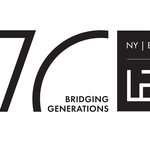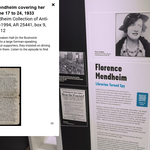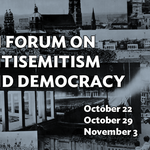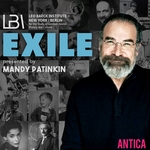American Federation of Jews from Central Europe Processing Continues
- Date
- Thu, Mar 14, 2024
Thanks to an effective partnership of multiple organizations, a landmark collection documenting the activities of the organized community of German-speaking Jews in postwar America plus biographical information on thousands of individual refugees is becoming available to researchers.
The Shelby White & Leon Levy Archival Processing Lab at the Center for Jewish History (CJH) has finished processing the bibliographic fi les of the Research Foundation for Jewish Immigration (RFJI) of the American Federation of Jews in Central Europe (AFJCE), consisting of 73 linear meters of material and a card catalog.

The RFJI collection contains 17,000 biographical fi les on individuals who were forced to flee Germany, Austria, and German-speaking Czechoslovakia between 1933 and 1945. From these files, the biographies of around 8,700 emigrants were selected for publication in the International Biographical Dictionary of Central European Emigrants 1933–1945, published in three volumes from 1980 to 1983. The RFJI also conducted 200 oral history interviews which had been processed and digitized at the LBI previously.
The processing of the RFJI files, as well as the AFJCE’s own institutional collection (61 linear meters, as previously reported), was funded by a three-year Claims Conference Matching Grant awarded jointly to the LBI and the CJH.
In the final phase of the project funded by this grant, the Gruss Lipper Digital Laboratory at the CJH has begun digitizing approximately 22 linear feet (40,000 images) of the AFJCE collection. The digitization will continue beyond this benchmark, since CJH and LBI were just awarded a new Claims Conference bundle grant for 2024. The rich material in both collections documenting the activities of the German Jewish émigré community in the United States will undoubtedly enrich the many of the family collections in the LBI Archives, and vice versa.
From LBI News No. 117
Latest News





